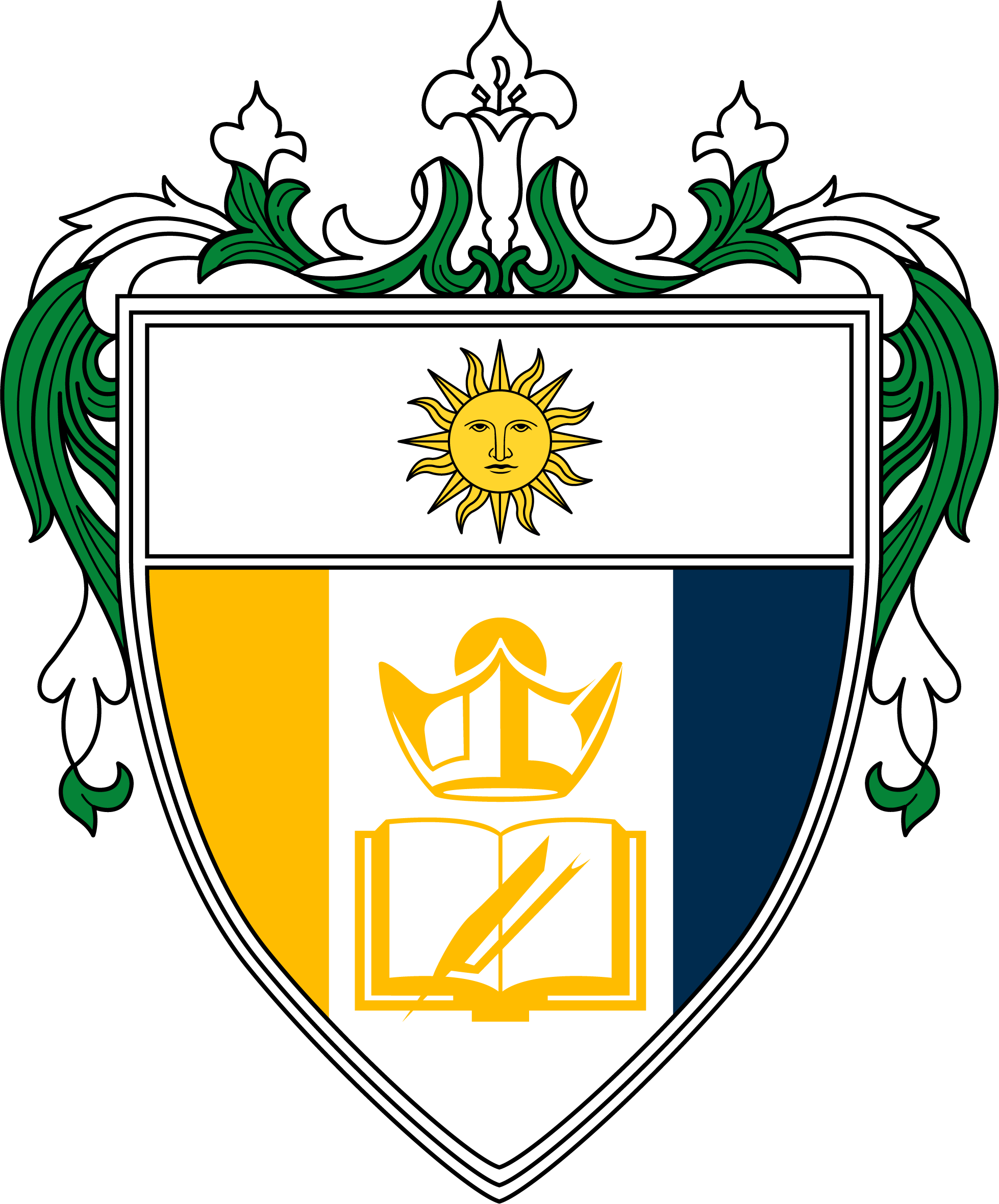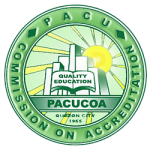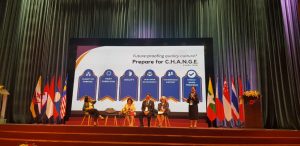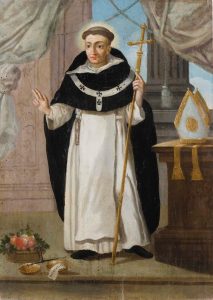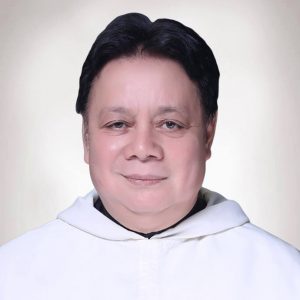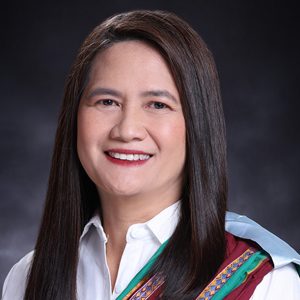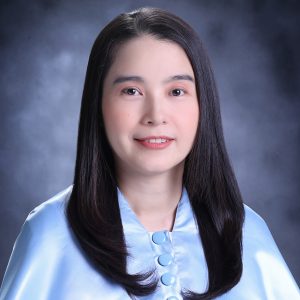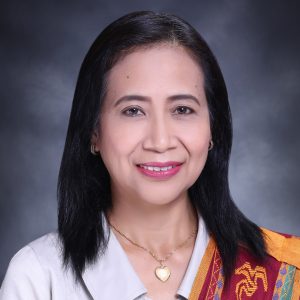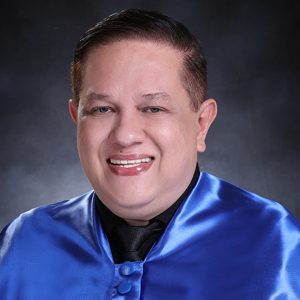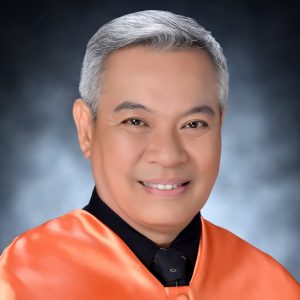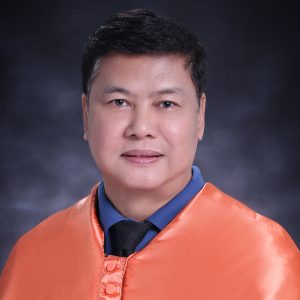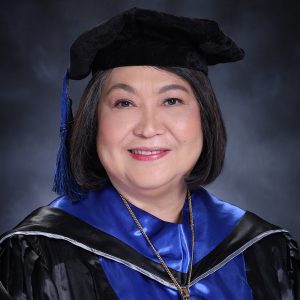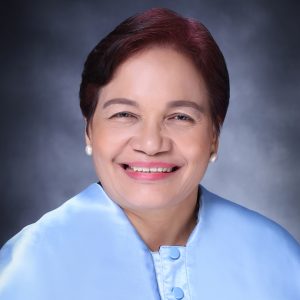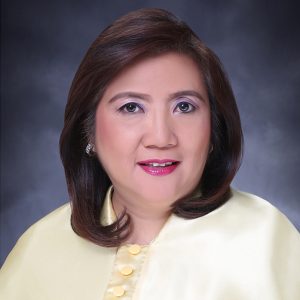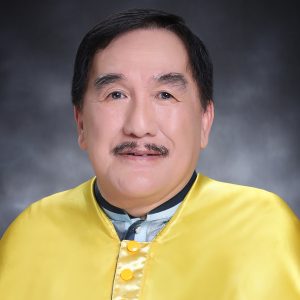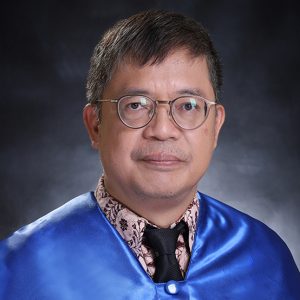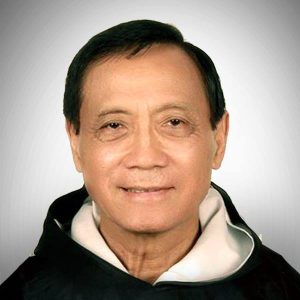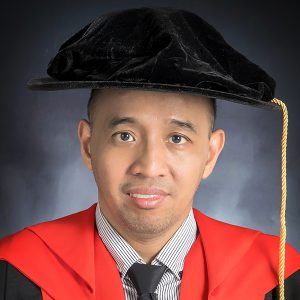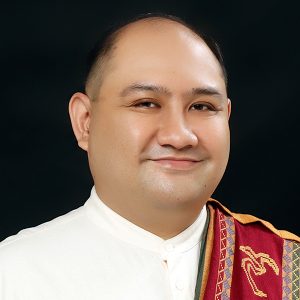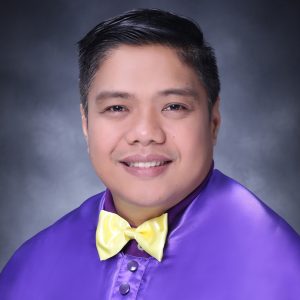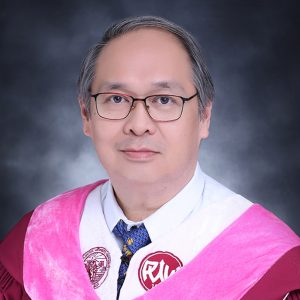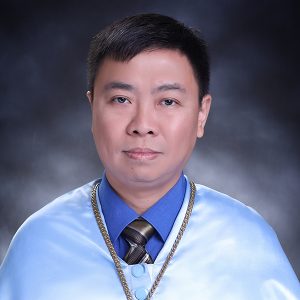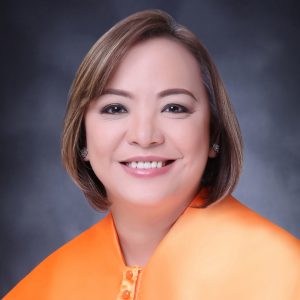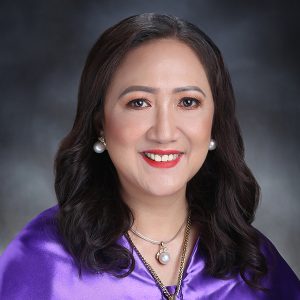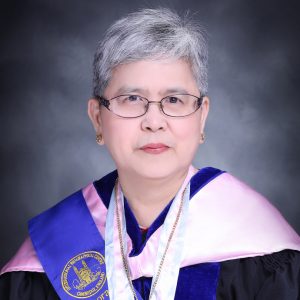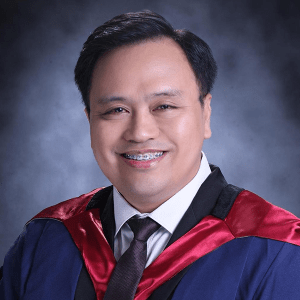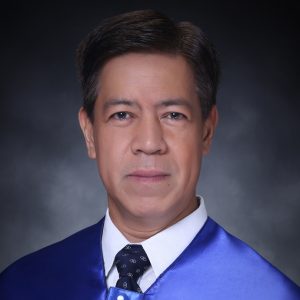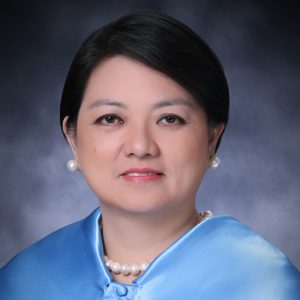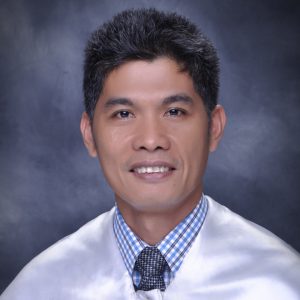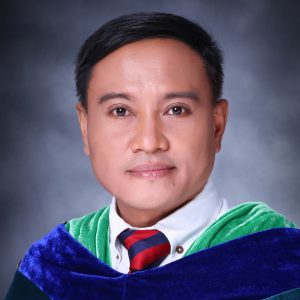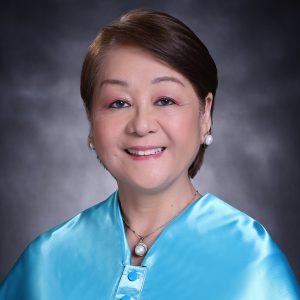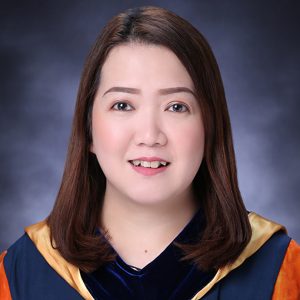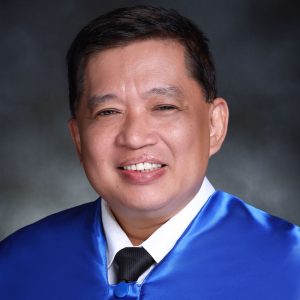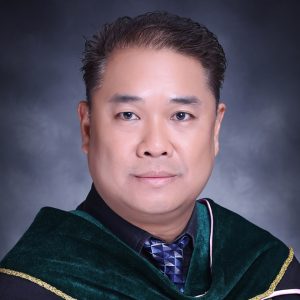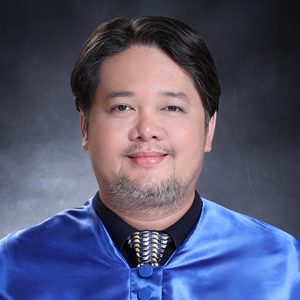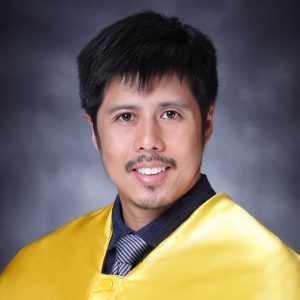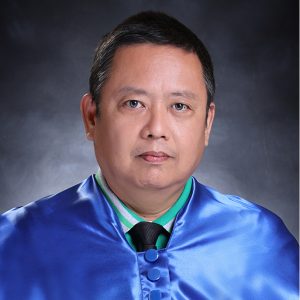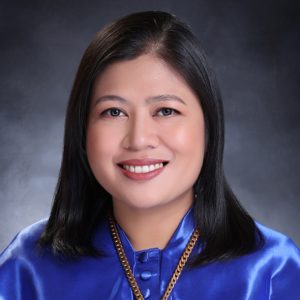As early as the seventeenth (17th) century, the University of Santo Tomas (UST) had already been granting masterate and doctoral degrees. The different faculties and colleges supervised their respective undergraduate, graduate and post-graduate programs.
It was in 1619 when Pope Paul V granted the faculty to confer degrees to all Dominican colleges in the New World including the Colegio de Santo Tomas which had been founded on 28 April, 1611 by the Superiors of the Dominican Province of the Holy Rosary. In 1629, Pope Urban VIII issued a Papal Document renewing the authority of Santo Tomas to confer degrees. On 20 November, 1645, Pope Innocent X raised the Colegio to the status of a University with civil and ecclesiastical faculties. It was placed under the continued administration of the Order of Preachers, and its authority to confer degrees became permanent. In 1785, King Charles III of Spain granted the University the title of Royal. In the twentieth (20th) century, the University operated under the laws of the state that exercised jurisdiction over the civil faculties. Permission and approval were granted and renewed by the Bureau of Education during the Commonwealth, later by the Department of Education of the Republic of the Philippines, the Ministry of Education, Culture and Sports (MECS), and again by the Department of Education, Culture and Sports (DECS); and now, since 1994, by the Commission on Higher Education (CHED). In 1902, Pope Leo XIII awarded the title of Pontifical while in 1947, Pope Pius awarded the title the Catholic University of the Philippines.
The University of Santo Tomas is distinguished as an educational institution with the title, Royal, Pontifical and Catholic University of the Philippines – a title it truly deserves because of its unswerving commitment to the goals of Catholic education and national progress, of the expertise of the faculty, of the sterling intellectual, moral and skill-oriented qualities of its graduates and the contributions of the accomplished men and women who passed its portals and helped shape the course of Philippine history. Without any iota of doubt, the Graduate School of the University has played a prominent and pivotal role in contributing to the prestige of the University as well as to its national, regional and global acceptance.
The earliest existing records in the Archives of the University marked the first twelve (12) graduates from 1629 to 1645. These graduates were conferred the Doctorate degree in Theology as well as Masterate and Licentiate degrees in the Arts respectively. From 1645 to 1911, there was a total of some 1,176 graduates in the Doctorate, Masterate, Licentiate levels in Theology, Philosophy, Arts, Civil Law, Canon Law, Latin, Pharmacy and Medicine. Investitures held since 1663 were recorded in the official graduation book of the University entitled Libro de Asiento de Grados de la Universidad de Santo Tomas.
It is interesting to note some of the academic highlights between the years 1896 and 1917. The University conferred among others such degrees as Doctor in Natural Science in 1896 (1), Licentiate in Philosophy and Letters in 1897 (2), Doctor of Physical Science in 1906 (1), Licentiate in Dentistry in 1908 (1), Doctor of Philosophy and Letters in 1909 (1), Licentiate in Civil Engineering in 1912 (3), Master of Science in 1961 (1), and Master of Science in Electrical and Mechanical Engineering in 1917 (1).
In 1926, Master of Arts and Doctor of Philosophy major in Economics as well as Master of Arts and Doctor of Philosophy in Education were offered. Records show that three (3) out of the first four (4) graduates of Master of Arts in Education in 1930 were females while the first graduates of Doctor of Philosophy in Education in 1934 were all females, and all became faculty members, possibly the first female teachers in the University. The first woman granted a Licentiate in Pharmacy was graduated in 1924 while the first women graduates of Doctor of Pharmacy were graduated in 1925 – four (4) out of the five (5) graduates then. Although the different degrees of Master of Science in Chemistry were first offered in 1928, it was only in 1936 when the University first conferred the degree of Master of Science in Chemistry and in Physics. In 1928, the University offered five (5) more courses: M.A. and Ph.D. major in English; M.A. and Ph.D. major in Political Science; M.S. and Ph.D. in Biology; Ph.D. in Chemistry; and Ph.D. in Mathematics. It was in 1934 that M.S. and Ph.D. in Commerce were first offered by the University. The first candidates for the degree of Ph.D. in Chemistry and Mathematics graduated in 1935.
Within the period of eleven (11) years, from 1926 to 1937, UST granted ten (10) honorary degrees to nine (9) recipients. One of them was Rev. Eugene I. McGuinnes who was awarded both degrees of Doctor of Canon Law and Doctor of Sacred Theology in 1927 while the two most prominent awardees were the Honorable Sergio Osmeña, Sr. In 1929, and His Excellency Commonwealth President, Manuel L. Quezon in 1936, both of whom were given Doctor of Laws, honoris causa.
In 1938, the University established formally the Graduate School to take charge of all graduate and post-graduate studies in the civil faculties except that of Medicine and Surgery and that of the Ecclesiastical Faculties. The first Dean was Father Rector himself, Very Rev. Fr. Silvestre Sancho, O.P., S.Th.D. From 1938 to 1946 the Graduate School granted degrees in the following disciplines: Master of Science (M.S.) in Chemical Engineering; Master of Laws (Ll.M.) and Doctor of Civil Law (D.C.L.); M.S. and Ph.D. major in Chemistry; M.S. and Ph.D. in Commerce; M.S. in Pharmacy and Doctor of Pharmacy (Phar.D.); M.A. and Ph.D. in Education; M.A. and Ph.D. in English; M.A. and Ph.D. major in Philosophy; M.A. and Ph.D. major in Political Science; Doctor of Letters; Master of Science in Civil Engineering; Master of Science in Mathematics; and Master of Science in Physics.
All the Graduate courses offered before 8 December, 1941 had their respective certificates of government recognition. However, after World War II, in 1945, the UST Graduate School applied for and received new certificates of recognition for said courses except for Civil Engineering and Physics.
In 1951, permission was renewed by the Director of Private Schools of the Department of Education for the UST Graduate School to continue offering different majors covered by the certificates of government recognition for the different degrees. Thus, apart from the already existing courses, the Graduate School began offering other majors: M.S. and Ph.D. in Biology; M.S. and Ph.D. in Zoology; M.S. and Ph.D. in Economics; M.A. and Ph.D. in Guidance and Counselling; M.A. and Ph.D. in History; M.S. in Botany; M.S. in Elementary Education; M.A. in Library Science; M.A. in Linguistics; M.A. in Filipino; M.A. in Public Administration; and M.A. in Social Sciences.
In 1955 the UST Graduate School was granted certificates of recognition for a Masterate Program in Music and in Spanish to be followed by Master of Arts in Nursing in 1960; Master of Arts in Higher Religious Studies in 1965; and Doctor of Letters in 1966. On 18 May, 1972, permission to continue offering these different majors covered by certificates of recognition was again granted by the director of Private Schools. Likewise, in 1974, the Department of Education, Culture and Sports granted permission for the Graduate School to offer Master of Science in Chemistry Education.
In 1975, the Graduate School applied for permission to offer three (3) new majors: M.S. Architecture; M.S. Medical Technology, major in Laboratory Management, and Master in Business Administration (MBA).
In 1978, the Graduate School applied for and opened six (6) new majors: M.A. and Ph.D. in Development Education; M .S. Biology Education; M.S. Mathematics Education; M.A. Special Education; M.S. Microbiology; M.A. Oriental Religions and Cultures. The following years saw the approval of offering new programs: M.S. Advertising in 1979; M.S. and Ph.D. in Personal and Human Resource Management in 1981; M.S. Applied Physics, major in Medical Physics in 1983; Ph.D. in Public Administration in 1984; and M.S. Management Engineering in 1987.





